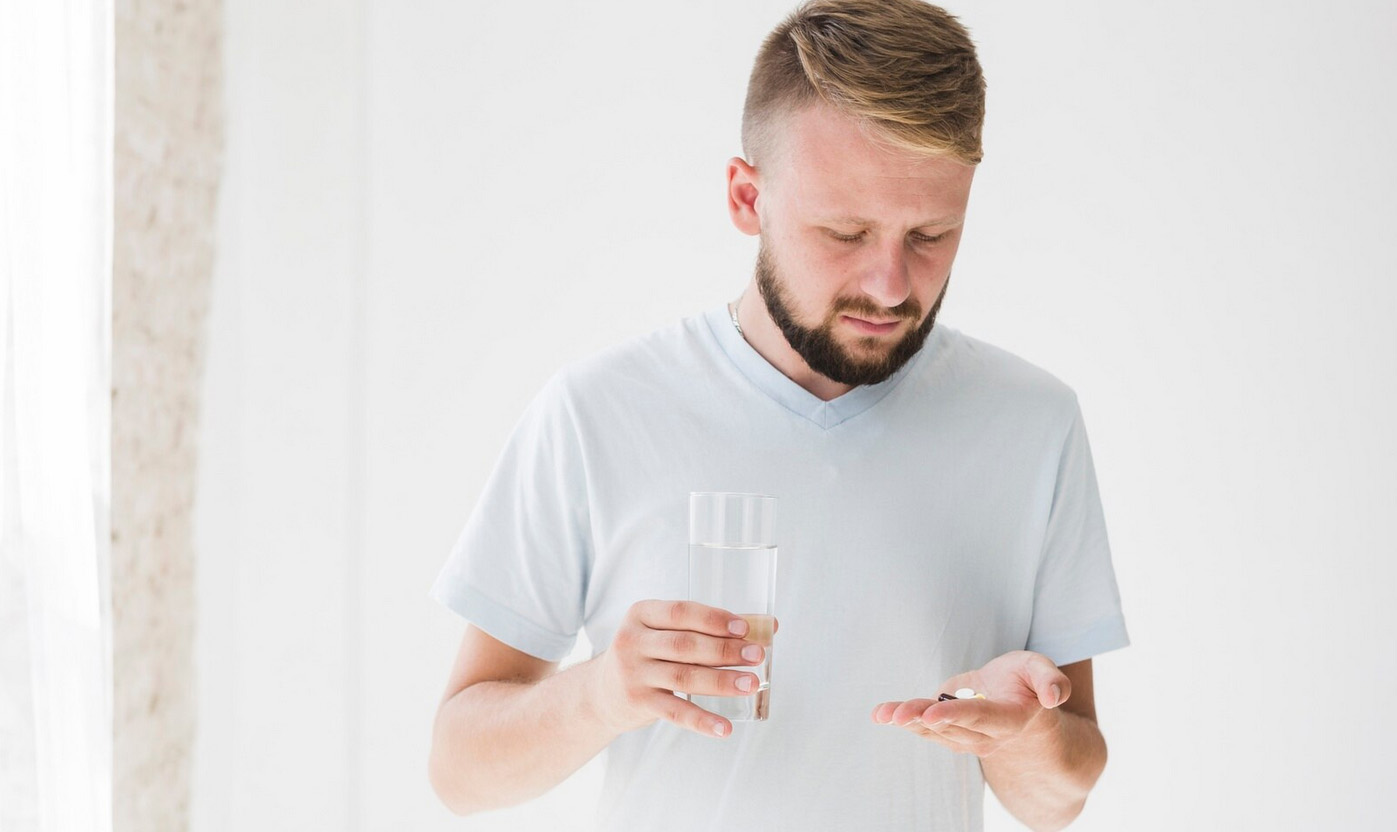
An image which may or may not be related to the article. FREEPIK
Mindful Drinking: The Sober Curious Movement Redefines the Party Scene
Summary:
For decades, alcohol has been the unchallenged centerpiece of social gatherings, celebrations, and nightlife. But as more people embrace health-conscious lifestyles and reevaluate their habits, the sober curious movement has emerged as a cultural phenomenon. Mindful drinking is turning traditional ideas of partying on their heads, introducing a world where mocktails rival martinis, and “drinking less” becomes the ultimate power move. Let’s dive into how this shift is reshaping our relationship with alcohol and the way we celebrate.
It’s called mindful drinking, and it’s not just a health trend; it’s a cultural shift. Where once the measure of a good time was the number of empty bottles on the table, people are now asking a radical question: Do I even need alcohol to enjoy myself?
Enter the sober curious movement, a growing community of individuals who aren’t necessarily sober but are exploring what life looks like without the numbing effects of booze.
Sober Curious: A New Way to Party
The term “sober curious” was popularized by Ruby Warrington in her 2018 book Sober Curious, which framed sobriety as a choice, not a necessity. Warrington wasn’t preaching abstinence; she was advocating for awareness. Why do we drink? How does it make us feel? What happens if we don’t?
This approach has resonated with a generation obsessed with self-improvement and wellness. Millennials and Gen Z, in particular, are leading the charge, swapping vodka sodas for adaptogenic teas and CBD-infused seltzers. For them, it’s not about teetotaling—it’s about balance.
And let’s not forget the social media factor. The sober curious movement thrives on Instagram, where hashtags like #MindfulDrinking and #SoberIsSexy are giving sobriety a glossy, aspirational sheen. Forget beer pong; now it’s all about artisanal mocktails in perfectly lit kitchens.
The Rise of the Non-Alcoholic Bar
Bars without booze? A few years ago, the idea would’ve been laughable. Today, it’s a booming business. Non-alcoholic bars and sober pop-ups are springing up in major cities, offering patrons all the ambiance of a traditional bar—dim lighting, great music, expertly crafted drinks—minus the hangover.
Consider New York City’s Getaway Bar, where the menu is a masterclass in non-alcoholic innovation, featuring creations like the "Elderflower Spritz" and the "Dream Weaver." Or London’s Club Soda, which bills itself as a mindful drinking hub, complete with workshops and alcohol-free tastings.
Even traditional bars are jumping on the trend, expanding their menus to include zero-proof cocktails. It’s a smart move: a growing percentage of customers are seeking options that let them join the fun without compromising their health goals.
Why People Are Choosing Less (or No) Alcohol
The reasons for embracing mindful drinking are as varied as the people themselves. For some, it’s about health—reducing the risk of diseases linked to alcohol consumption or simply feeling better the morning after. Others are driven by mental clarity, noting how sobriety improves focus, productivity, and emotional stability.
Then there’s the societal shift. Younger generations are less enamored with the traditional “work hard, party harder” ethos. They’re more likely to prioritize self-care and reject the peer pressure that once dictated drinking culture.
And let’s be real—hangovers aren’t cute.
The Pushback
Of course, not everyone is embracing the trend. For many, alcohol is deeply ingrained in social rituals, and the idea of partying without it feels alien, even boring. Critics of the sober curious movement argue that it sanitizes nightlife, stripping it of spontaneity and chaos.
But this critique misses the point. Mindful drinking isn’t about policing behavior or banning booze. It’s about giving people the choice to participate in social spaces without feeling pressured to drink.
And that’s the beauty of the movement—it’s inclusive. You can be all-in, completely sober, or simply a little more intentional about how much and when you drink.
What’s Next for Mindful Drinking?
The rise of mindful drinking shows no signs of slowing down. Non-alcoholic beverage sales are soaring, and major brands are taking notice. Heineken’s 0.0 beer and Seedlip’s non-alcoholic spirits are dominating shelves, signaling a mainstream shift toward low- and no-alcohol lifestyles.
In the future, we might see more workplaces hosting sober happy hours, more festivals offering alcohol-free zones, and more social spaces designed to accommodate everyone, drinkers and non-drinkers alike.
The idea of sobriety itself might even shed its stigma, transforming from a necessity for recovery to a celebrated lifestyle choice.
As I sip on a zero-proof cocktail that tastes suspiciously like the real thing, I can’t help but marvel at how far we’ve come. The sober curious movement isn’t just about abstaining from alcohol—it’s about rethinking our relationship with it entirely.
The world doesn’t stop spinning just because you swap a gin and tonic for a ginger beer. If anything, it spins a little smoother, a little brighter, and without the headache.
So, here’s to mindful drinking—not as a rule, but as a choice. A choice to be present, to feel good, and to party in a way that actually feels like celebration. Cheers to that.
 muppazine
muppazine